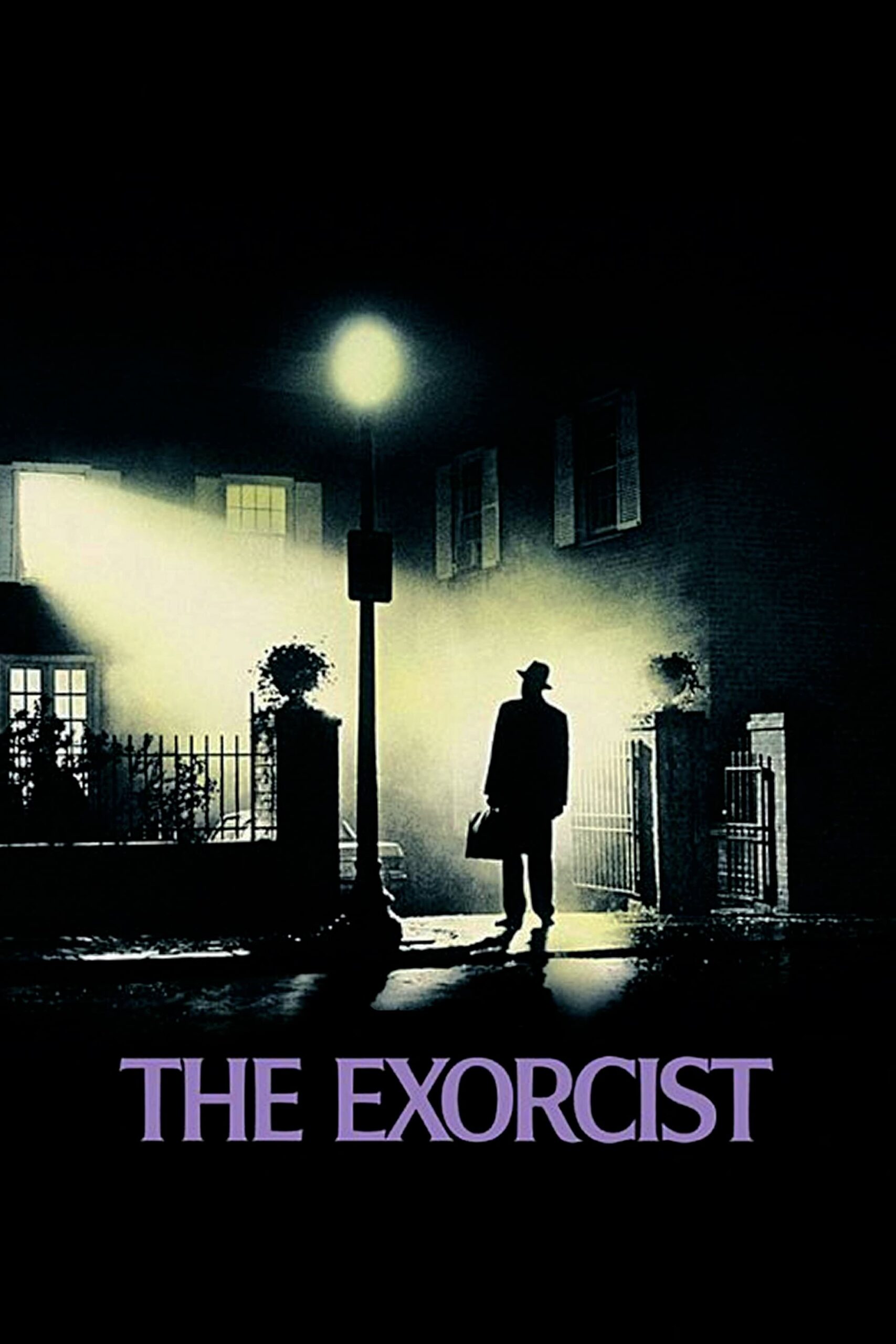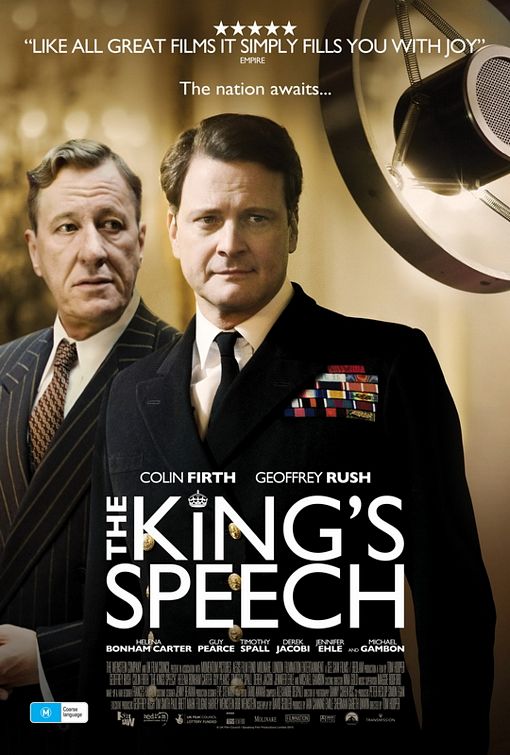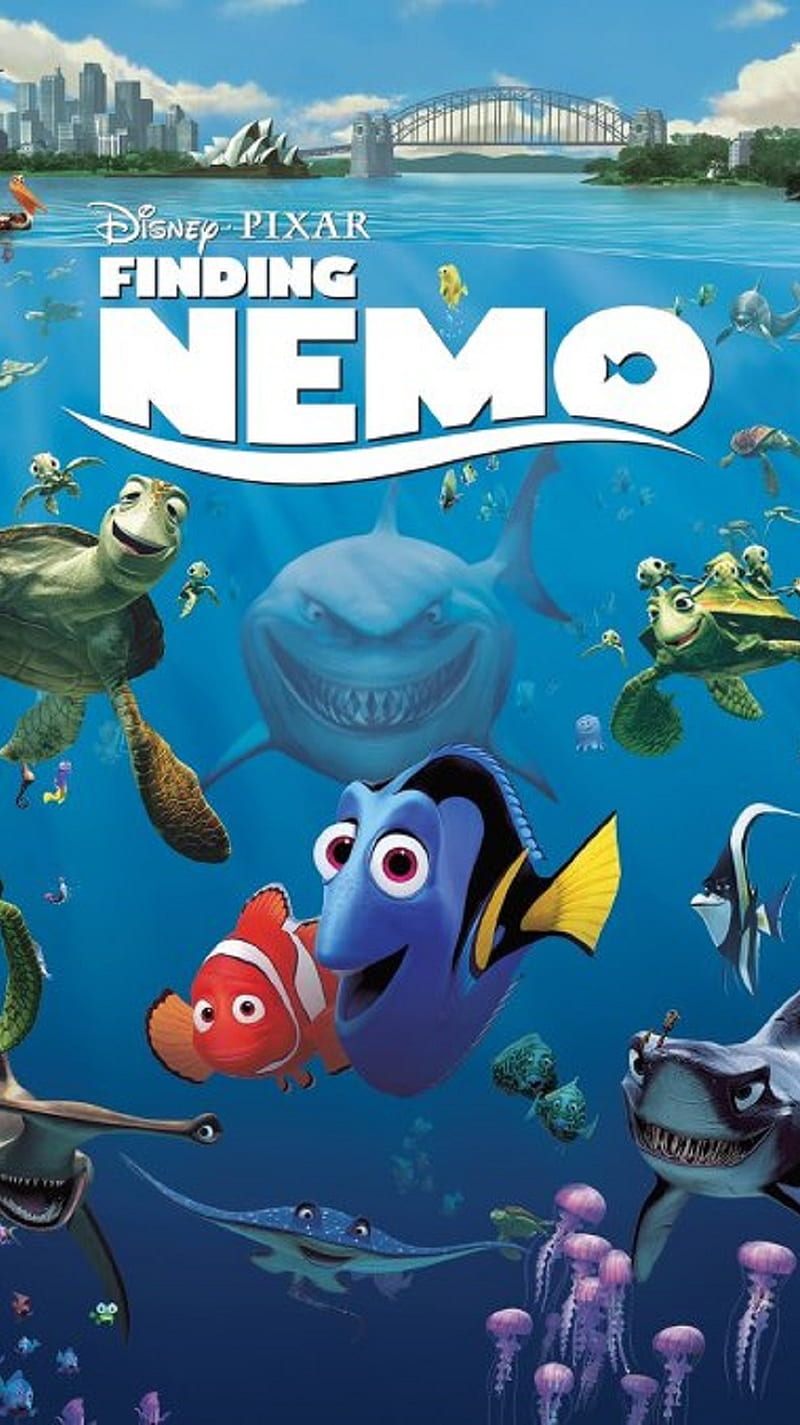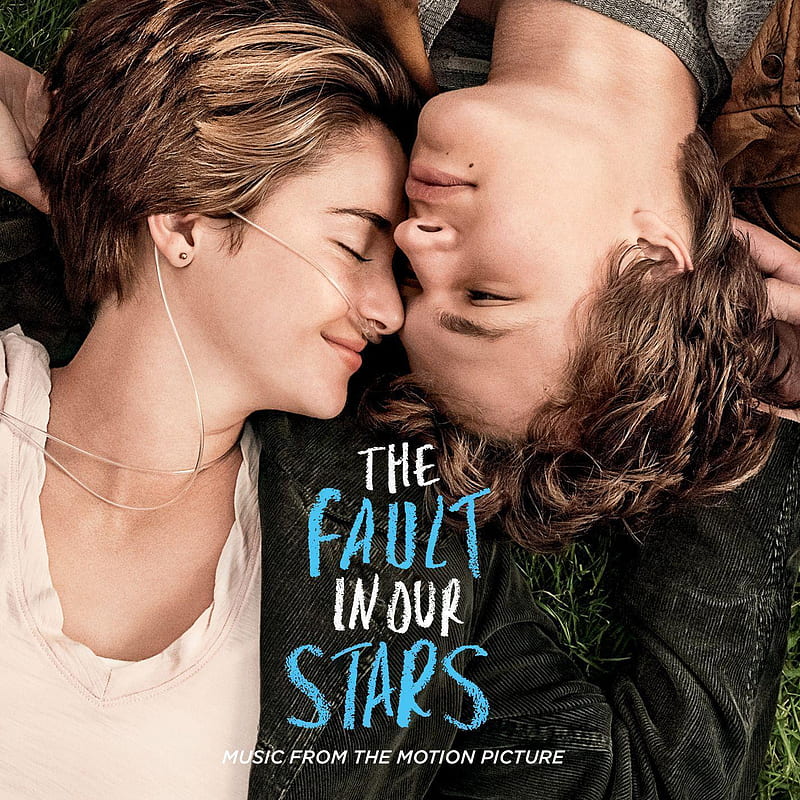- Top 10 Cult Classics That Have Achieved Legendary Status
- Top 10 Films Directed by Women Filmmakers
- Top 10 Horror Movies That Will Give You Nightmares
- Top 10 Superhero Movies of the 21st Century
- Top 10 Animated Films for All Ages
1. “The Exorcist” (1973)
William Friedkin’s “The Exorcist” remains a landmark in horror cinema. This film, based on William Peter Blatty’s novel, tells the chilling story of the possession of a young girl named Regan (Linda Blair). What sets “The Exorcist” apart is its unrelenting terror and the visceral nature of its horror. The film’s justification for being at the top of this list is its ability to induce genuine fear and unease in its viewers. The terrifying transformation of Regan, the haunting visuals, and the iconic exorcism scenes have haunted audiences for decades, making it a true classic in the horror genre.
2. “The Shining” (1980)
Stanley Kubrick’s adaptation of Stephen King’s novel, “The Shining,” is a psychological horror masterpiece. The film follows Jack Torrance (Jack Nicholson), who takes a job as the winter caretaker of the remote Overlook Hotel. As the hotel becomes snowbound, Jack’s descent into madness and the supernatural forces at play create a sense of dread and isolation. “The Shining” is a top choice because it excels in creating an atmosphere of foreboding and psychological horror. The iconic imagery, including the ghostly twins and the unsettling “Here’s Johnny!” scene, has left an indelible mark on popular culture and horror cinema.
3. “Hereditary” (2018)
Ari Aster’s “Hereditary” is a modern horror classic known for its slow-burning and unrelenting sense of dread. The film explores the disturbing dynamics of the Graham family as they grapple with inherited trauma and supernatural forces. “Hereditary” is a top choice because it’s a masterclass in building tension and weaving a disturbing narrative. It’s a film that leaves a lasting impact on its viewers, thanks to its nightmarish imagery, emotionally charged performances, and its ability to tap into primal fears of family and loss.
4. “The Conjuring” (2013)
James Wan’s “The Conjuring” is a supernatural horror film inspired by the case files of real-life paranormal investigators Ed and Lorraine Warren (Patrick Wilson and Vera Farmiga). The film follows the Perron family as they experience terrifying events in their new home. “The Conjuring” is a top choice because it revitalized the haunted house subgenre of horror. It relies on suspense, expertly crafted scares, and the presence of a malevolent spirit (Bathsheba) to create an atmosphere of genuine terror.
5. “Psycho” (1960)
Alfred Hitchcock’s “Psycho” is a timeless thriller and horror classic that continues to shock and unsettle audiences. The film tells the story of Marion Crane (Janet Leigh), who encounters the enigmatic Norman Bates (Anthony Perkins) at the eerie Bates Motel. “Psycho” is a top choice because of its trailblazing impact on the horror genre. Hitchcock’s direction and the famous shower scene are legendary for their ability to generate fear and unease. “Psycho” is a masterwork in suspense and psychological horror.
6. “Get Out” (2017)
Jordan Peele’s “Get Out” is a groundbreaking horror film that incorporates social commentary and psychological horror. The film follows Chris (Daniel Kaluuya) as he visits his girlfriend’s family estate, where he discovers disturbing secrets. “Get Out” is a top choice because of its clever exploration of racial tensions and its ability to create an atmosphere of paranoia and dread. It reinvigorated the horror genre by blending it with important social themes.
7. “It” (2017)
Andrés Muschietti’s adaptation of Stephen King’s “It” is a modern horror hit. The film follows a group of kids in Derry, Maine, who encounter a shape-shifting entity that often appears as Pennywise the Dancing Clown (Bill Skarsgård). “It” is a top choice because it reimagines King’s iconic novel for a new generation, capturing the essence of childhood fears and the enduring presence of evil. Its blend of coming-of-age themes with supernatural horror has resonated with both older and younger audiences.
8. “The Witch” (2015)
Robert Eggers’ “The Witch” is a period horror film set in 17th-century New England. The film follows a Puritan family as they face supernatural forces in the woods. “The Witch” is a top choice because it’s a masterful exercise in atmospheric horror, drawing from historical accounts of witchcraft and folklore. It’s known for its eerie, slow-burning tension, unsettling imagery, and its ability to immerse viewers in a world where the line between the supernatural and psychological blurs.
9. “Rosemary’s Baby” (1968)
Roman Polanski’s “Rosemary’s Baby” is a psychological horror film that explores themes of paranoia, motherhood, and a sinister cult. The film follows Rosemary Woodhouse (Mia Farrow), who becomes increasingly convinced that her pregnancy is linked to a dark conspiracy. “Rosemary’s Baby” is a top choice because it’s a seminal work in psychological horror, weaving a sense of unease and conspiracy that gradually builds throughout the film. Its ability to tap into the fear of the unknown and the erosion of personal agency makes it a classic in the genre.
10. “The Babadook” (2014)
Jennifer Kent’s “The Babadook” is a psychological horror film that combines genuine scares with emotional depth. The film follows Amelia (Essie Davis), a widow struggling to raise her troubled son, who becomes obsessed with a sinister children’s book character called the Babadook. “The Babadook” is a top choice because it’s a masterclass in creating an atmosphere of terror while delving into the psychological toll of grief and trauma. It’s an emotional and unsettling experience that resonates with viewers on a deep level.
These top 10 horror movies are selected not just for their ability to induce nightmares but for their lasting impact on the horror genre and their contribution to cinematic history. They’ve left an indelible mark on the audience’s psyche, pushing the boundaries of what horror can achieve. Whether through supernatural elements, psychological terror, or thought-provoking social commentary, these films continue to captivate and terrify audiences, ensuring their status as timeless classics in the world of horror cinema.



